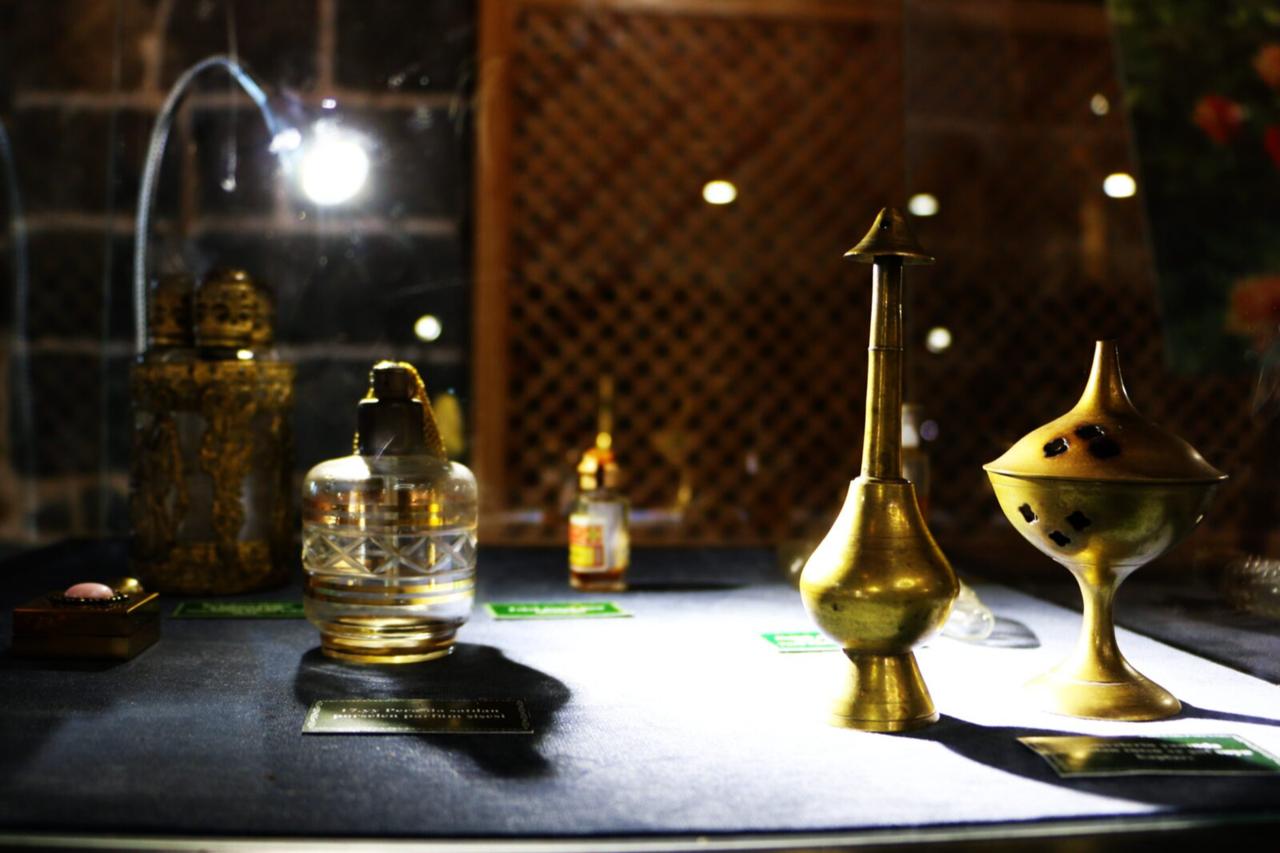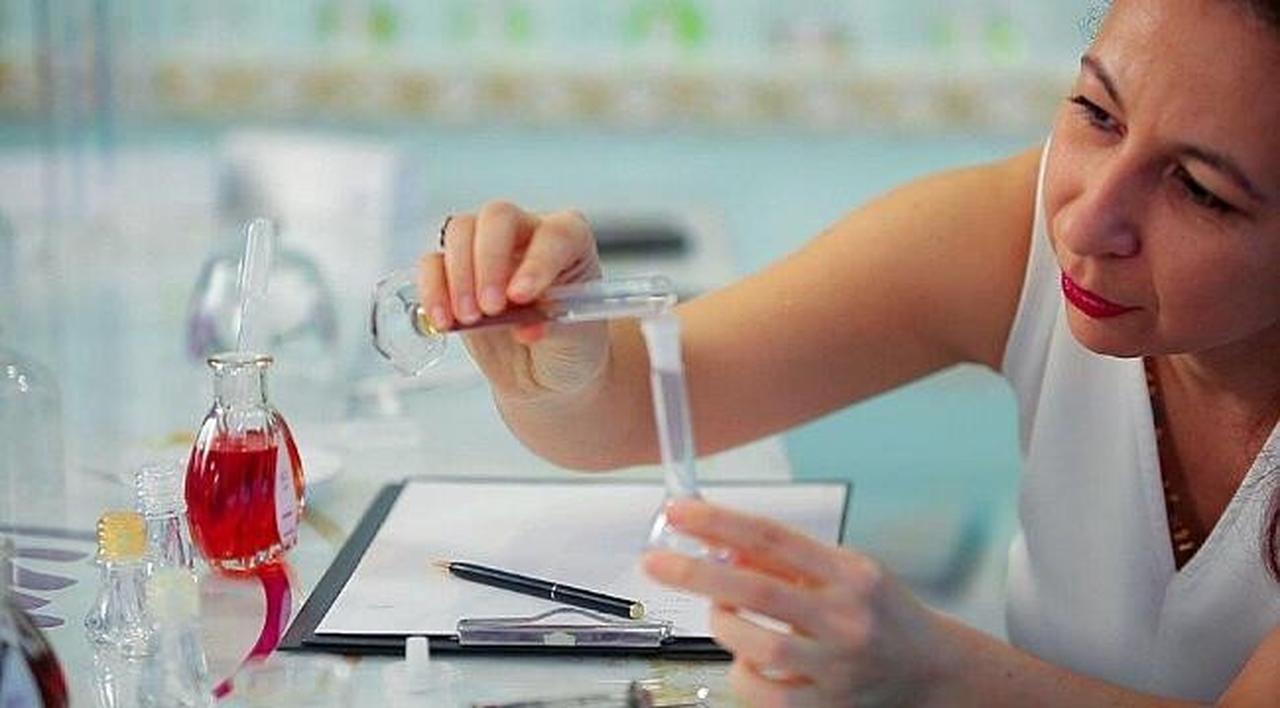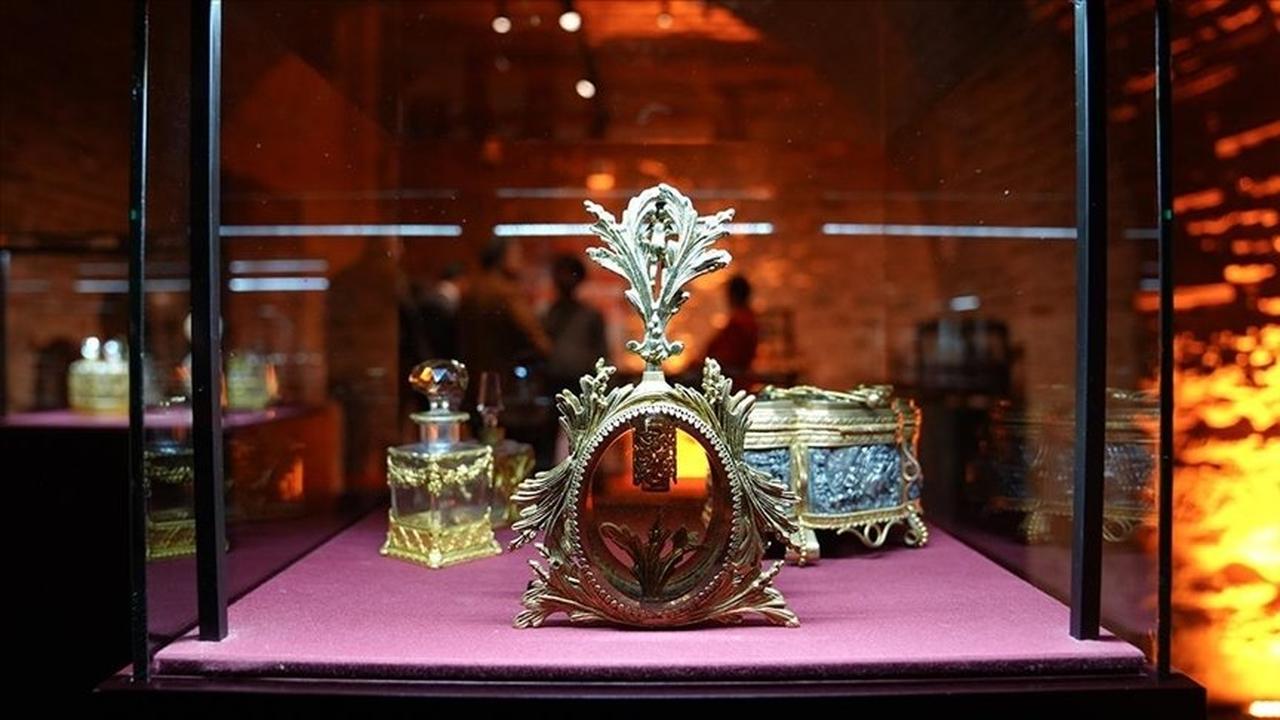
Fragrance once played a central role in daily life across the Ottoman Empire, marking life’s most sacred and ordinary moments with layers of meaning. But as Türkiye modernized and the global perfume industry rose, this deeply rooted scent culture gradually faded. Now, one woman is leading the effort to bring it back, reviving centuries-old olfactory traditions for a new generation.
In Ottoman times, scent was far more than a luxury. From rosewater used to cleanse mosques to the burning of incense in private homes, fragrance infused nearly every corner of life.
Musk drifted through palace halls, and specific flowers carried coded messages during social rituals. For Bihter Turkan Ergul, a lifelong lover of fragrance, this lost world is worth recovering.

“Since the day I was born, scents have been part of my life,” Ergul told Anadolu. “For as long as I can remember, I’ve smelled everything.”
She is the founder of Türkiye’s first scent academy, Koku Akademisi, where she has already trained more than 370 students, including visitors from Germany, Qatar, Dubai, and Azerbaijan. Her mission is to reconnect modern Türkiye with its rich and nuanced fragrance heritage.
“There’s no such thing as a bad scent,” she said. “Even the unpleasant ones carry a message.”
The use of perfume and fragrant materials in Ottoman life was strongly shaped by religious practice. As Ergul explained, scent is a sunnah, or recommended practice of the Prophet Muhammad, and held special spiritual value in Islamic societies like the Seljuk and Ottoman empires.
Scent rituals were used to mark key life events. During a traditional Ottoman marriage proposal, families would bring the scent of lilies to express their intention. In another symbolic gesture, someone who felt emotionally hurt might send a handkerchief scented with hyacinth to convey silent disapproval.
Fragrance rituals were especially common during religious seasons. Before the start of Ramadan, households would be cleaned thoroughly, rosewater would be sprinkled, and incense would be burned.
In the Topkapi Palace in Istanbul, Ottoman sultans personally collected dust from the room of the Sacred Relics. This dust was mixed with rosewater, musk, amber, and oud to form soft perfume balls, which were then distributed to the public after the Eid prayer.
As Ergul put it, “From births and sacred relics to weddings and funerals, fragrance was present in every aspect of Ottoman life.”
The cultural significance of fragrance in Türkiye dates back to the earliest days of civilization, when burning aromatic herbs over fire gave rise to incense. But Ergul identifies the true golden age of scent as the 400 years between the reign of Sultan Mehmed II in the 15th century and that of Sultan Selim III in the early 19th century.
Sultan Mehmed II, also known as Mehmet the Conqueror, had a noted love for roses and other fragrant materials. Later, Selim III commissioned the production of the first perfume bottles made from Beykoz glass, a form of fine hand-blown glass crafted in Istanbul.
By the 17th century, however, economic decline began to take a toll on palace customs. The number of official incense masters, or buhurizades, was reduced from nine to three. With the Industrial Revolution, the slow erosion of Türkiye’s traditional perfume-making continued.
“Where we lost this fragrance culture—that’s something I ask a lot, but I don’t know where exactly we lost it,” said Ergul.

Today, Türkiye rarely comes to mind in conversations about perfume, which are usually dominated by cities like Paris and Milan. Ergul wants to change that by restoring the country's once-respected place in the global scent landscape.
She laments that today’s fragrance products are overly standardized, often produced using uniform molds sourced from the Far East. In contrast, Ottoman-era perfume bottles were unique works of art, meant to last a lifetime and often passed down through generations.
In those days, young women would include bottles of rose and jasmine scents in their dowries, refilling the same vessels throughout their lives. Fragrance then was not just cosmetic; it was part of identity.
“We use perfume just to smell nice,” Ergul said. “But your scent is your identity. Your scent enters the room before you do—it sends a message.”
At her Istanbul-based scent academy, Ergul is teaching students to move away from commercial mass production and instead focus on ethical, local methods. That means using pesticide-free roses, thyme, oregano, and other native plants, as well as prioritizing high-quality raw ingredients.
Ergul believes that Türkiye has talented perfumers with the skills to compete globally—they just need the right guidance and platform. For her part, she’s committed to seeing this forgotten culture return to everyday life.
“At this point in my life, the only thing I want to do is to research this ancient fragrance culture until the end of my days, bring it to light, and, together with my expert team and academics, reintegrate it into our daily lives,” she shared.